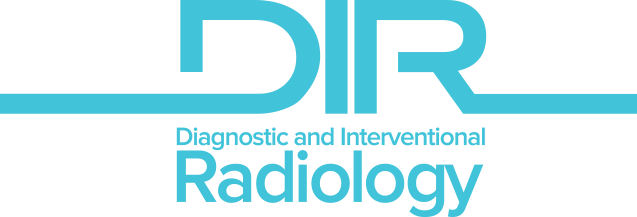ABSTRACT
We aimed to evaluate the feasibility and safety of long-term balloon indwelling technique for the treatment of single benign biliary stricture. Five patients with single benign biliary stricture were included from December 2014 to November 2016. The patients were three men and two women with a mean age of 50 years (range, 30–65 years). A balloon catheter was inserted into the drainage catheter and emerged through the side hole of the catheter so that the balloon and drainage catheters could be placed together at the stricture site. Follow-up fluoroscopic examination was performed at least once every 2 weeks to evaluate the adequacy of expansion and location of the balloon. The balloon was reinflated at each session, and then removed after an approximately two-month indwelling period. The catheters used were 10–16 French and the diameter of indwelling balloons were 4–8 mm. The primary technical and clinical success rates were 100%. Maintenance of the balloon location was achieved in 25 of 26 follow-up fluoroscopic examinations (mean, 5.2 times per patient) with a rate of 96.1%. The mean follow-up period after successful removal of the balloon was 542.2 days (range, 93–1042 days), and there were no recurrences in the five cases. The long-term balloon indwelling technique is a good way to induce maximal dilatation at the stricture site without large diameter skin and subcutaneous tract dilatation and can be successfully used for single benign biliary stricture.



